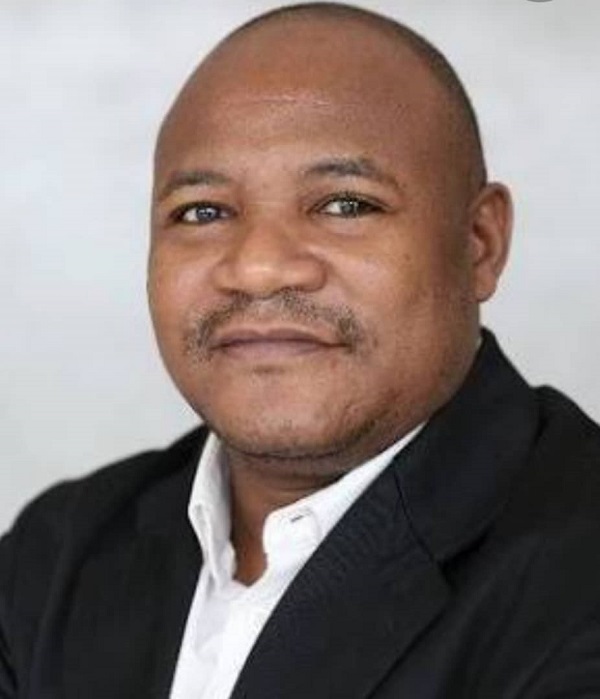
Health stakeholders have called on the Federal Government to address critical gaps in Nigeria’s Every Newborn Action Plan (ENAP), emphasising the urgent need for investment, policy implementation, and stronger health infrastructure to reduce maternal and newborn mortality rates.
Speaking in Abuja during an engagement with the Association of Nigeria Health Journalists (ANHeJ) on Wednesday, experts stressed that while Nigeria has developed a national strategy for reproductive, maternal, newborn, and child health (RMNCH), implementation challenges at the state level continue to undermine progress.
Founder and coordinator of the Africa Health Budget Network (AHBN), Dr. Aminu Garba highlighted the gap between policy and execution, stating that while a comprehensive national plan exists, state-level implementation remains weak.
“States struggle with domestication and effective rollout, which directly impacts our ability to reduce maternal deaths across Nigeria,” Magashi said.
A major concern raised was the lack of an investment plan for the Every Newborn Action Plan.
“Despite over N1 trillion being allocated to the health sector in the 2025 budget, there is no clear funding strategy to fully implement ENAP. The government must develop, launch and fund an investment plan. Without this, our goal of ending preventable maternal and newborn deaths will remain unattainable,” he noted.
He called on the Ministry of Health and heads of relevant agencies to ensure that significant budget allocations translate into real improvements in maternal and newborn health.
Magashi also pointed out persistent issues in health facilities, including unreliable electricity, water shortages and inadequate infection prevention measures
“Quality of care is a major pillar of our action plan, but without addressing basic infrastructural needs such as power supply and clean water, we cannot expect significant progress,” he stressed.
Another major challenge highlighted was the brain drain of healthcare professionals.
“Health workers are leaving due to both push and pull factors – poor working conditions at home and better opportunities abroad. We must address these issues and create an environment where healthcare professionals feel supported and motivated to stay,” he said.
Magashi also stressed the importance of equity in maternal and newborn healthcare, noting that rural and underserved areas face significant disparities in access to quality care.
“Targeted interventions must be put in place to close these gaps and ensure that every woman and newborn receives the care they deserve,” he stated.
Another critical area stakeholders flagged was poor data collection and monitoring, which limits effective decision-making and policy adjustments.
“We need regular tracking of maternal and newborn deaths, as well as better data systems to guide our interventions,” Magashi emphasised.
He also called on the media to play a crucial role in holding the government accountable and pushing for the full implementation of ENAP.
“The media must highlight these gaps, advocate for timely release of funds, and push for effective policy implementation. Only through collective efforts can we significantly reduce maternal mortality in Nigeria,” he added.
As Nigeria continues health sector reforms, founder of the Lafiya Wealth Initiative, Hon. Mohammed Usman expressed cautious optimism but insisted that urgent action is required.
“We have the plans and the resources,” Usman stated. “Now, we need the political will and commitment to ensure that every woman and newborn in Nigeria has the chance to survive and thrive.”
Programme manager, Health Reform Foundation of Nigeria (HERFON), Dr. Opeyemi Adeosun urged the media to move beyond merely reporting success stories and instead focus on holding government officials accountable.
While acknowledging the progress made by the Ministry of Health, Adeosun emphasised that many gaps remain unaddressed at both national and state levels.
He called on Nigerian journalists to adopt a more investigative and critical approach, similar to practices in developed countries, ensuring that leaders are pressured to act on health policy failures.
“In countries like the U.S., the media plays a major role in demanding accountability. Nigerian journalists must do the same – tracking government commitments, investigating budget allocations, and exposing where policies are failing the people,” Adeosun stated.
As discussions continue, stakeholders reiterated that Nigeria’s maternal and newborn health crisis requires urgent attention. Addressing gaps in policy implementation, funding, infrastructure and human resources is critical to achieving meaningful progress.
With stronger political will, coordinated efforts from the government, health professionals, and media engagement, Nigeria can take significant strides in reducing maternal and newborn mortality rates and ensuring equitable access to quality healthcare for all.

